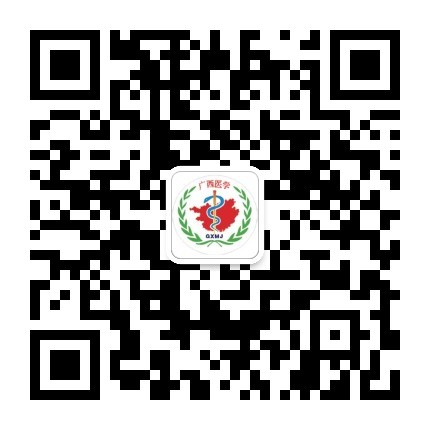目的 观察辨病与辨证相结合推拿治疗慢性疲劳综合征的临床效果。方法 将95例慢性疲劳综合征患者随机分为观察组(n=48)和对照组(n=47)。观察组患者接受辨病与辨证相结合的推拿治疗,对照组患者口服谷维素片及复合维生素B片治疗。治疗4周后评价两组的临床疗效。比较治疗前及治疗4周后两组的疲劳评定量表(FAI)、90项症状自评量表(SCL⁃90)及36项健康调查简表(SF⁃36)评分。结果 治疗4周后,观察组中临床痊愈、显效、有效、无效各有9例、23例、11例、5例,对照组中临床痊愈、显效、有效、无效各有3例、10例、20例、24例,观察组的临床疗效优于对照组(P<0.05)。治疗4周后,观察组的FAI评分、SCL⁃90评分较治疗前降低,SF⁃36评分较治疗前增加,且上述评分均优于对照组(P<0.05)。结论 辨病与辨证相结合的推拿疗法能够有效地减轻慢性疲劳综合征患者的疲劳程度,改善其精神健康状况,提高其生活质量,效果优于常规西医治疗。
广西医学 页码:84-89
作者机构:彭正成,本科,副主任医师,研究方向为康复医学科疾病的推拿治疗。
基金信息:国家自然科学基金(81460747,81160457)
- 中文简介
- 英文简介
- 参考文献
Objective To observe the clinical effect of massage integrated by disease diagnosis and syndrome differentiation for the treatment of chronic fatigue syndrome. Methods A total of 95 patients with chronic fatigue syndrome were randomly assigned to observation group (n=48) or control group (n=47). Patients of the observation group received massage therapy integrated by disease diagnosis and syndrome differentiation, whereas the control group was orally administrated Oryzanol Tablets and Compound Vitamin B Tablets for treatment. The clinical efficacy of the two groups was evaluated after 4 weeks of treatment. The Fatigue Assessment Instrument (FAI), Symptom Check List⁃90 (SCL⁃90), and 36⁃Item Short⁃Form Health Survey (SF⁃36) scores were compared between the two groups before treatment and 4 weeks after treatment. Results After 4 weeks of treatment, there were 9 cases of clinical recovery, 23 cases of excellence, 11 cases of effectiveness, and 5 cases of ineffectiveness in the observation group, and cases of clinical recovery, excellence, effectiveness, and ineffectiveness of the control group were 3, 10, 20, and 24, respectively; furthermore, the observation group yielded superior clinical efficacy to compare with the control group (P<0.05). After 4 weeks of treatment, the observation group exhibited decreased FAI score and SCL⁃90 score as compared with before treatment, while an increased SF⁃36 score as compared with before treatment, and scores as above in the observation group were superior to those in the control group (P<0.05). Conclusion Massage therapy integrated by disease diagnosis and syndrome differentiation can effectively relieve fatigue degree in patients with chronic fatigue syndrome, ameliorate their mental health status, improve quality of life in patients, exerting a superior effect to routine Western Medicine therapy.
-
无




 注册
注册 忘记密码
忘记密码 忘记用户名
忘记用户名 专家账号密码找回
专家账号密码找回 下载
下载 收藏
收藏
